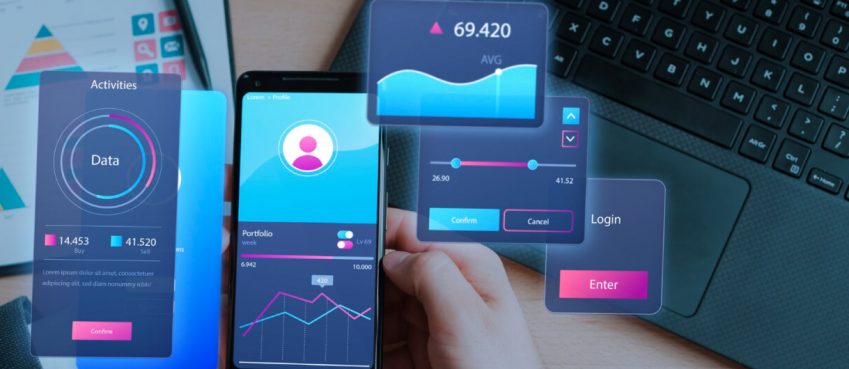
The decision to further your education is complex. Thinking about all the details and how they will culminate in one large decision can be overwhelming. But broken down into categories, this decision can be more easily arrived at than you would expect.
It is also important that you consider this decision in terms of your life’s goals, and how you plan to build your personal, professional, and financial future, instead of being solely focused on what college might cost you in the short term, think about what it might afford you in the long run.
Money Spent is Money Earned
Historically, the higher level of education you earn, the more that qualifies you for jobs that will earn you a higher salary. So, if you are hinging your collegiate decision on funding, that is something to factor in.
You can take out student loans with a private lender to pay for your upcoming college and you can research what student loan proceeds can be used for.
Since the total cost of being a student extends beyond tuition, understanding that this borrowed money can also be of assistance in other areas is helpful.
Saddling yourself with a large financial debt in one swoop like taking out a private student loan might feel uncomfortable, but although you acquire the loan in a lump sum, you pay it back in payments.
Why this is important is because you need to realize that your financial situation will change over time, and certainly will have growth and improvements post-graduation and as you establish yourself as a professional.
Think about your loan as both an investment and a debt. Yes, you need to be educated on, and aware of, the fact that this money does not belong to you and you will have to eventually pay it back, with interest, but what will belong to you that will not have to be given back, is your education.
Depending on if your loans are federal or private will dictate what they can be used on beyond tuition. But some general examples you consider are housing expenses, room and board, transportation, textbooks, and class supplies.
Also read: 20+ Best Omegle Alternatives, Apps Like Omegle To Chat With Random Peoples
Indirect Benefits
Think about how life might look at different stages, with and without a college degree. You might find that there are some indirect benefits that may befall you should you decide that earning your degree is in your best interest. For example, a degree will not directly raise or lower your credit score.
However, having a good job that you got because of having your college degree can indirectly increase your credit score because earning more money means you are more likely to be able to meet your financial obligations, such as monthly credit card payments.
Of course, earning more money does not automatically mean that you will manage it well, so understand that higher earning potential will not directly correlate to a secure financial future, but it can be a huge boost. Do not underestimate the value of connections.
College attendance can afford you the opportunity to create a network of people that you can reference immediately following and well after graduation.
Top 10 News
-
01
Top 10 Deep Learning Multimodal Models & Their Uses
Tuesday August 12, 2025
-
02
10 Google AI Mode Facts That Every SEOs Should Know (And Wha...
Friday July 4, 2025
-
03
Top 10 visionOS 26 Features & Announcement (With Video)
Thursday June 12, 2025
-
04
Top 10 Veo 3 AI Video Generators in 2025 (Compared & Te...
Tuesday June 10, 2025
-
05
Top 10 AI GPUs That Can Increase Work Productivity By 30% (W...
Wednesday May 28, 2025
-
06
[10 BEST] AI Influencer Generator Apps Trending Right Now
Monday March 17, 2025
-
07
The 10 Best Companies Providing Electric Fencing For Busines...
Tuesday March 11, 2025
-
08
Top 10 Social Security Fairness Act Benefits In 2025
Wednesday March 5, 2025
-
09
Top 10 AI Infrastructure Companies In The World
Tuesday February 11, 2025
-
10
What Are Top 10 Blood Thinners To Minimize Heart Disease?
Wednesday January 22, 2025







